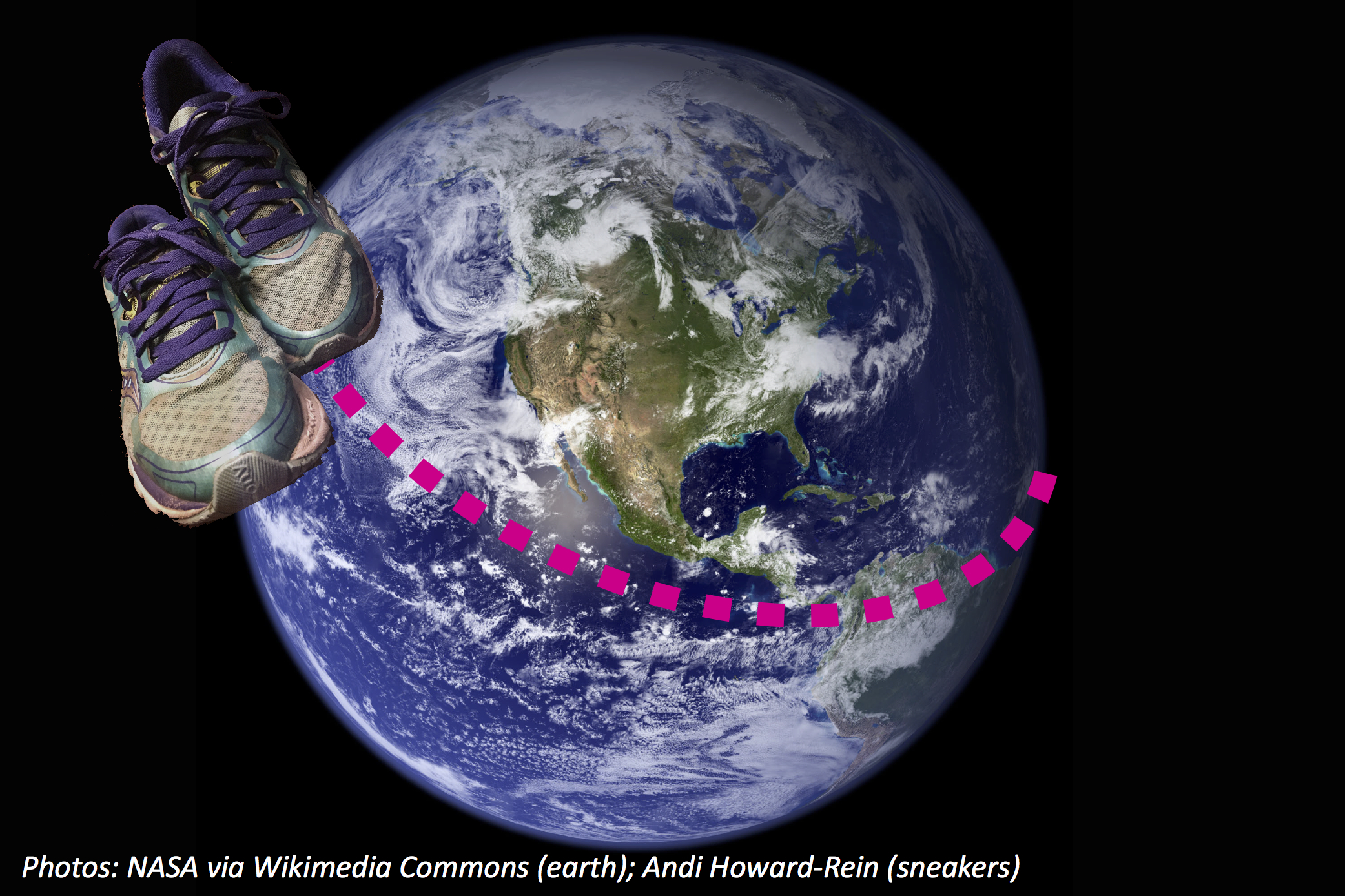How long does it take to run all the way around the world? It’s a 25,000-mile trip, so can you guess? Weeks? Months? Years? Kevin Carr of England ran around Earth in an amazing 621 days! (One year has 365 days.) The question is, what would be the absolute fastest time if a person could run without stopping? Remember, Kevin had to sleep, eat, and rest his feet. As we’ll find out below, skipping those would save a lot of time.
Wee ones: If you run 4 miles and your dog runs 1 mile farther, how far does your dog run?
Little kids: If you run 2 miles from home to the park, then 3 miles more to the ice cream shop, and finally 4 more miles home, how many miles do you run? Bonus: If you wanted 11 miles total of running, which part of that trip should you run again?
Big kids: If you could run 10 miles an hour for a whole 24-hour day, how many miles would you cover? Bonus: Then about how many days would it take to run the 25,000 miles around our planet?
The sky’s the limit: If Kevin finished this 621-day run in April 2015, in about what month and year did he start? (You can assume 30 days per month, and count from end of April so the 21 days beyond 600 don’t carry you over another month).
Answers:
Wee ones: 5 miles.
Little kids: 9 miles. Bonus: From home to the park, since you need 2 more miles.
Big kids: 240 miles. Bonus: About 100 days.
The sky’s the limit: In August 2013. He took about 20 months from the beginning of April. 12 months takes us to the previous early April, in 2014, and 8 months before that brings us to the previous August.



